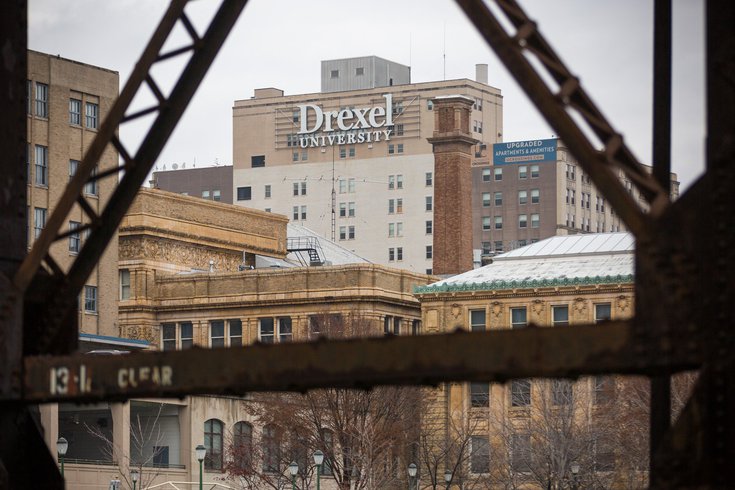
April 15, 2021
 Thom/for PhillyVoice
Thom/for PhillyVoice
Drexel University joined a coalition of research universities working to combat climate change.
In 2020, the world experienced intense weather phenomena that scientists say was exacerbated by climate change — from the record-setting wildfires that raged through Australia, California and Brazil to the destructive Atlantic hurricane season that devastated Central America.
With hopes of mitigating these unpredictable yet reoccurring natural disasters, a group of universities across the country are making strides in sustainability and climate change research.
Drexel University joined the University Climate Change Coalition to work with North American colleges to advance climate action through research and partnerships, the school announced this week.
This is the latest development in Drexel's commitment to sustainability — which was one of the goals of the university's Climate Year plan. The plan made combating climate change a central part of Drexel's institutional practices, curriculum, research and civic engagement.
Now that it's a part of the UC3, Drexel will be able to share resources, relationships and strategies with other member schools to help tackle the climate crisis.
The COVID-19 lockdown caused greenhouse gas emissions to decline in 2020, but they are already back to pre-pandemic levels. The United Nations called 2021 a "crucial year" in fighting climate change.
The UC3 is an alliance of more than 20 research universities working to build climate solutions and community resilience. It's administrator Second Nature runs the Climate Leadership Network, which hundreds of American colleges are a part of, including Drexel.
"Membership in UC3 recognizes the dedication of all of the faculty, staff and administrators who have worked tirelessly over the past year to align the university’s teaching, research and engagement activities around solving this existential crisis," said Franco Montalto, PhD, professor in Drexel's College of Engineering and director of the North American Hub of the UCCRN.
Crossing off a major goal of #Drexel's Climate Year: ✅
— DrexelNow (@DrexelNow) April 14, 2021
Now added to @LeadOnClimate's University Climate Change Coalition, @DrexelUniv will work with partner North American colleges and schools to advance climate action via research and partnerships. https://t.co/YvzSQEpzE0 pic.twitter.com/1VqrZLOpoQ
As a member of UC3, Drexel will co-produce a climate research agenda for regional stakeholders and researchers that it will present to the community through the next year. Rutgers University, based in New Jersey, is also a member of the UC3.
"With over two centuries of science exploration and environmental research, the Academy is uniquely positioned to play a leadership role in climate and sustainability efforts," said Scott Cooper, PhD, president and CEO of the Academy of Natural Sciences. "We are using our museum as a platform to engage communities and inspire action that leads to a more healthy, sustainable, equitable planet."
This new partnership is one of several moves the university has made over the years as part of its effort to promote environmental sustainability.
Drexel joined the Consortium for Climate Risks in the Urban Northeast in 2010, which is funded by the National Oceanic and Atmospheric Administration.
In 2016, the university became the North American Hub of the Urban Climate Change Research Network, which brought together more than 1,000 researchers, academics and government leaders to find solutions for cities experiencing the impacts of climate change.
Follow Hannah & PhillyVoice on Twitter: @hannah_kanik | @thePhillyVoice
Like us on Facebook: PhillyVoice
Add Hannah's RSS feed to your feed reader
Have a news tip? Let us know.